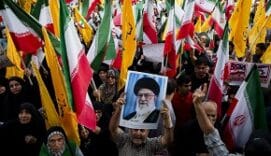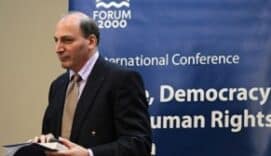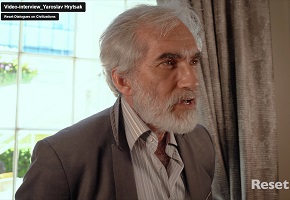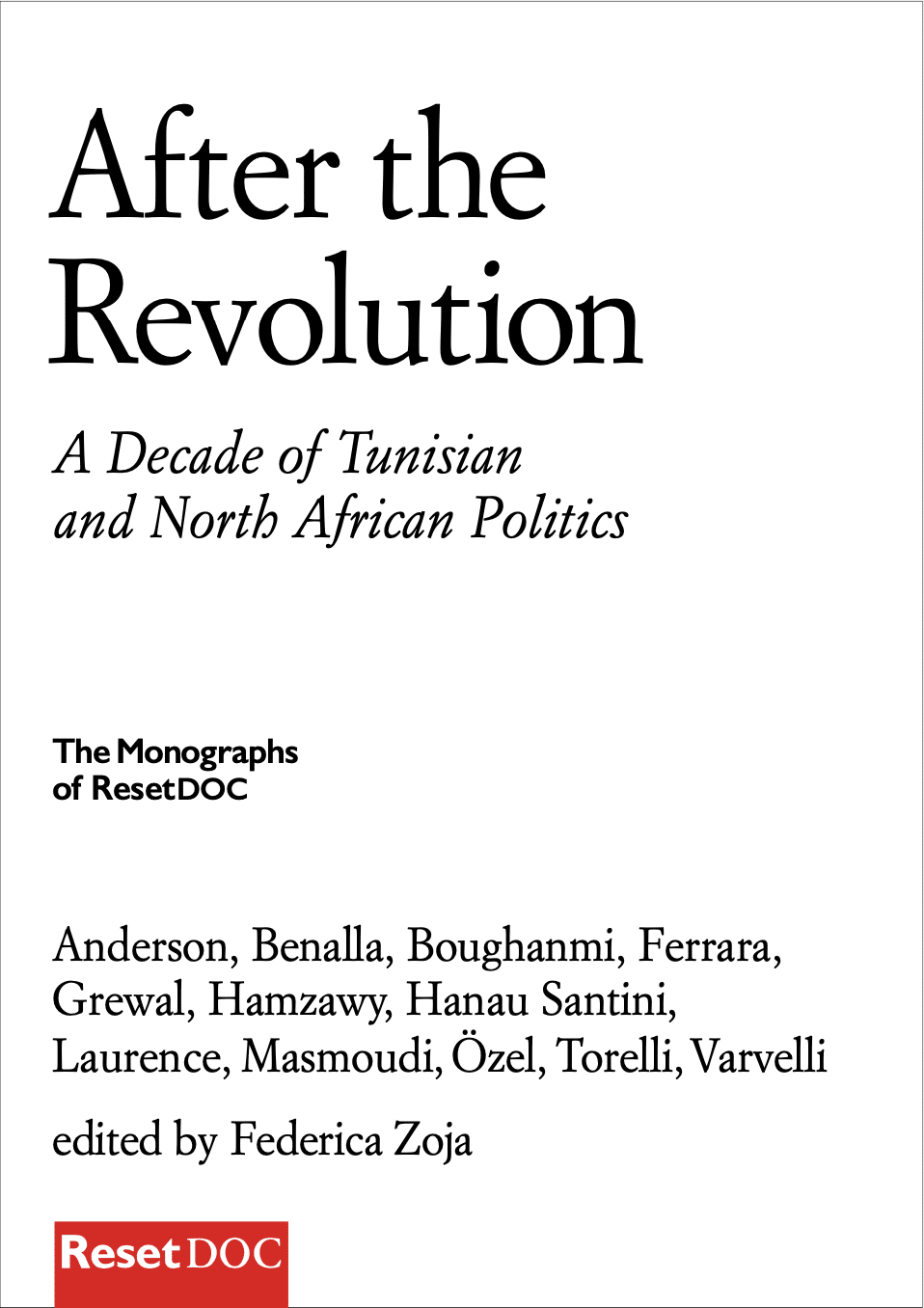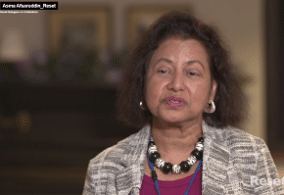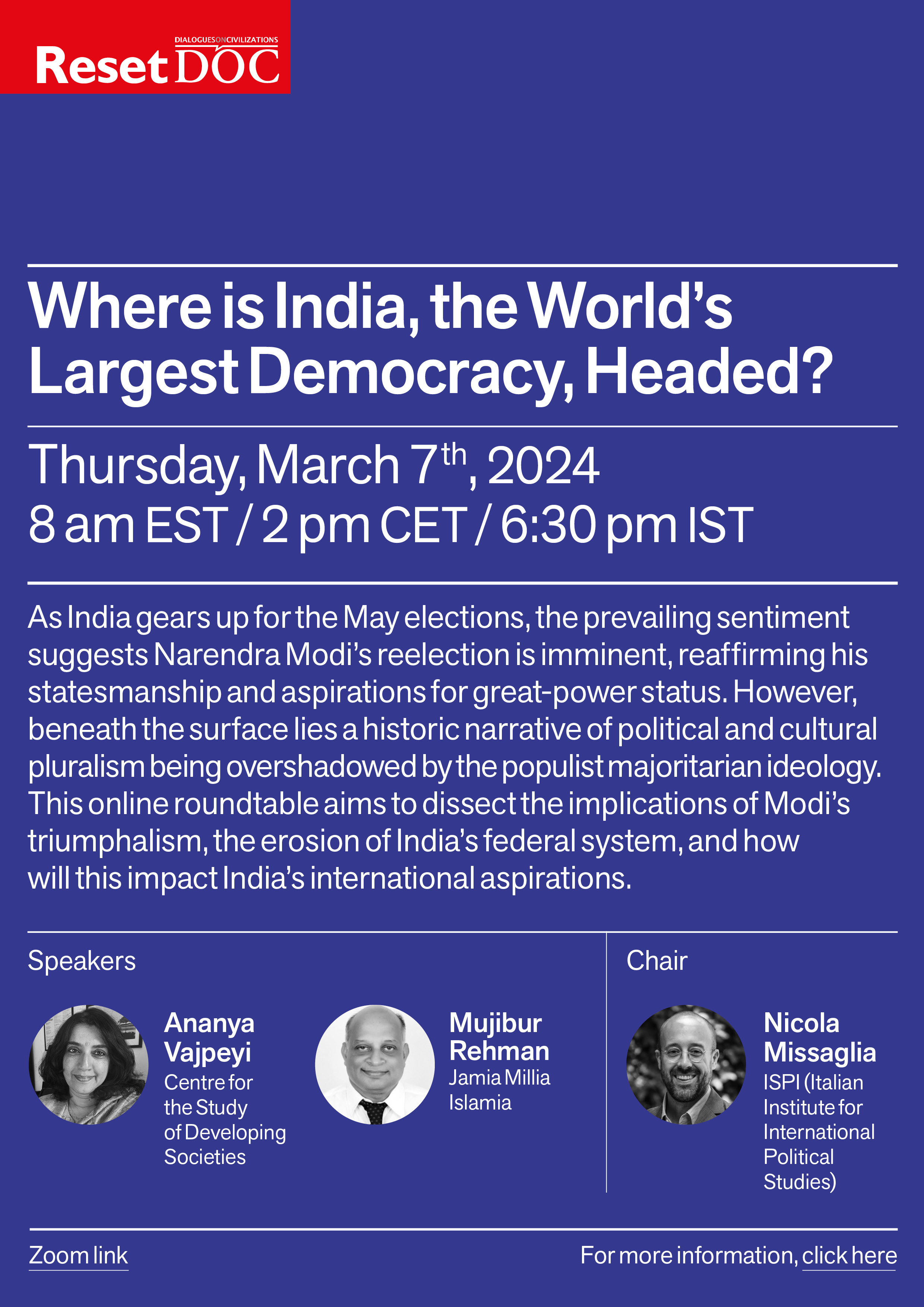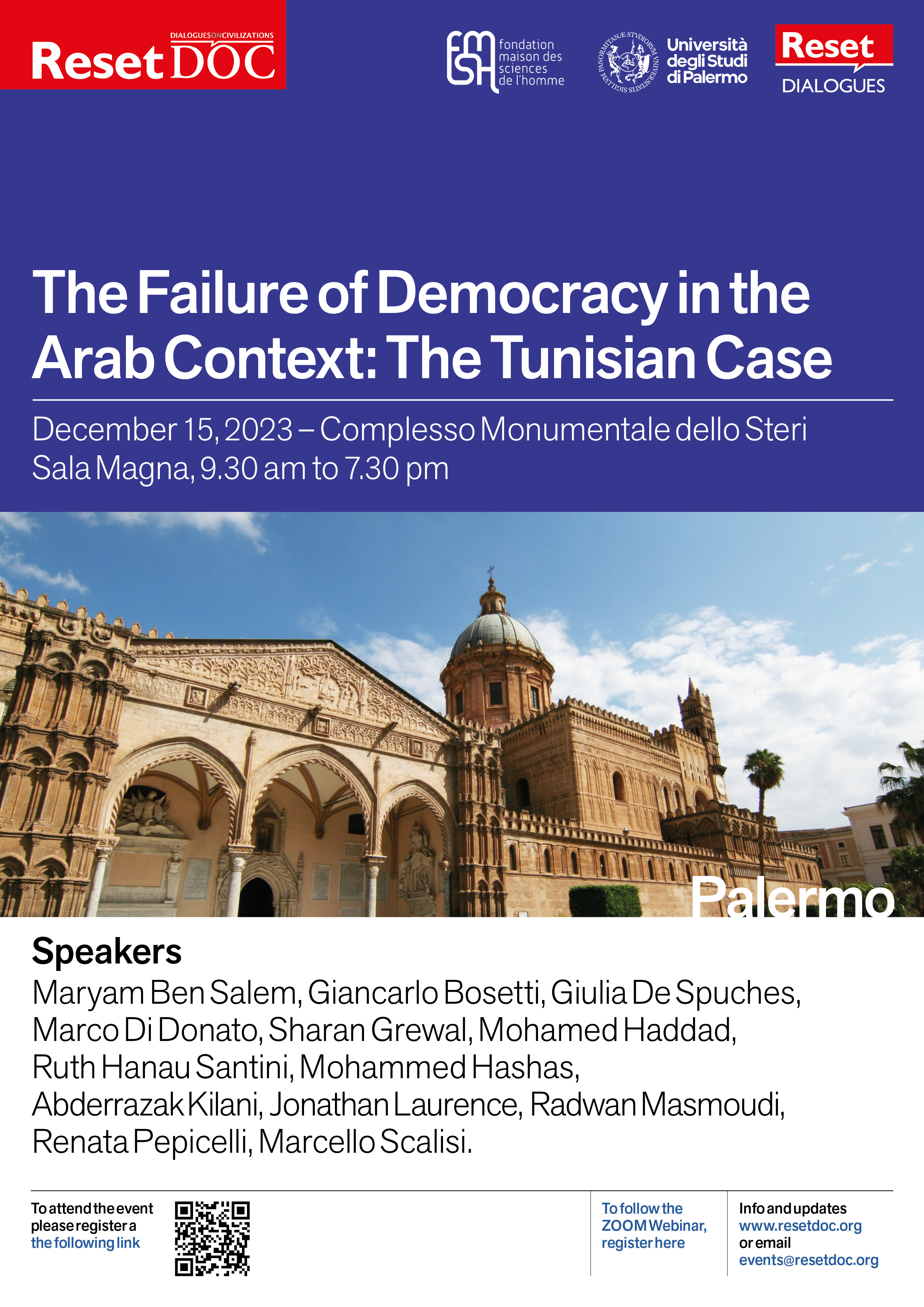Claudia De Martino 16 July 2025
Many media outlets highlight how Israel is increasingly isolated in the West regarding Gaza. According to a Pew Research Center survey, the number of pro-Western states—above all Australia, Indonesia, Japan, and Turkey, and in Europe, Spain, Sweden, Greece, Ireland, and the Netherlands—that hold a negative perception of Israel is growing. The Israeli government and army continue to present the current military intervention—Operation “Gideon’s Chariots,” launched last May—as a necessary response to the “existential threat” posed by Hamas, while a growing part of the international community can no longer perceive any danger in the starving masses of Palestinians wandering around food distribution centers in constant danger of being killed.





